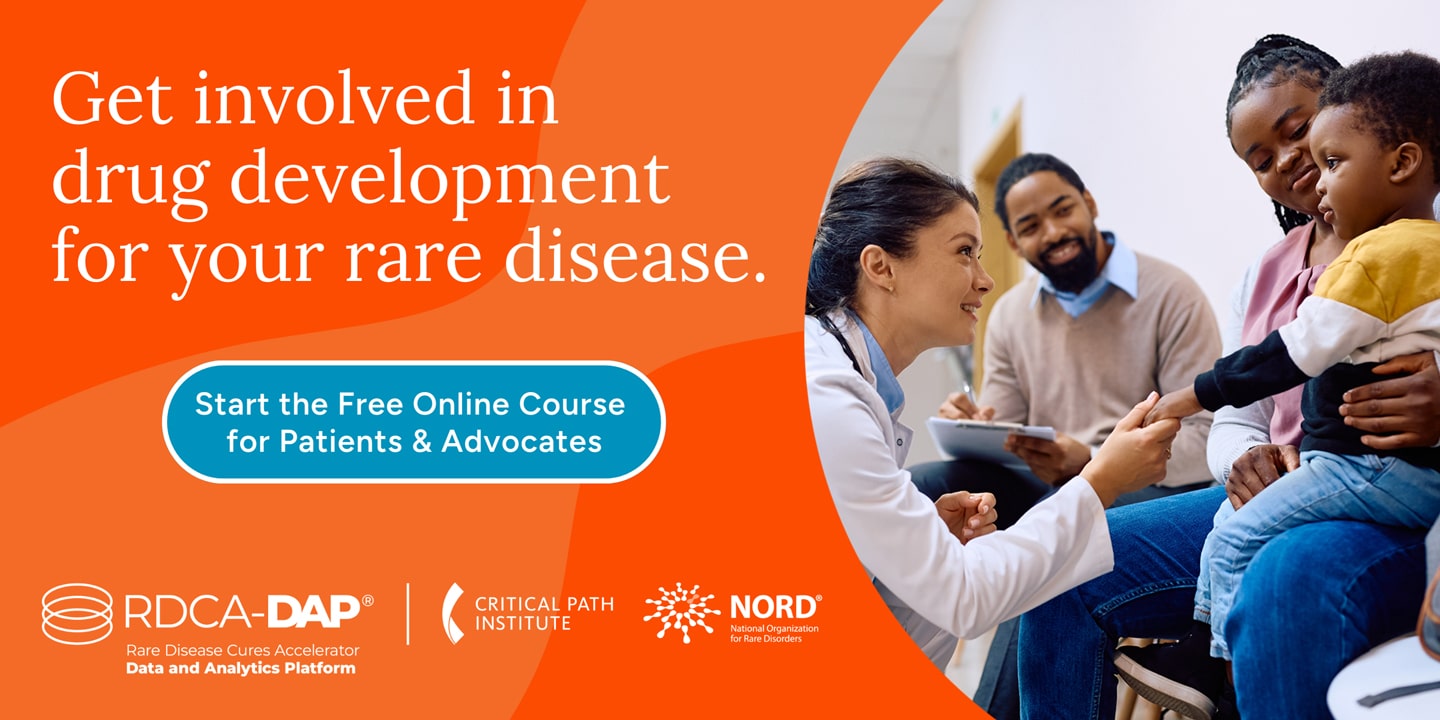NORD’s State Report Card grades states on policies that benefit or jeopardize health care coverage, access, and affordability for people living with rare diseases
The National Organization for Rare Disorders (NORD) released its annual State Report Card, which grades each U.S. state on critical issues impacting access to care for the 1 in 10 Americans living with a rare disease. This year’s edition highlights nine areas of state policies that can benefit or jeopardize health care coverage, access, and affordability for rare disease patients.
Heidi Ross, Vice President, Policy and Regulatory Affairs at the National Organization for Rare Disorders, said: “Many states made tangible progress to help people living with rare diseases and their families in 2023. However, states can and should be doing more. It is unacceptable for such disparities to persist across state lines, and we urge advocates to take action with NORD and join us in calling for the implementation of policies that will help those living with a rare disease.”
Major findings include:
Availability of junk insurance plans: Half of U.S. states received failing grades on state-regulated insurance due to permitting broad access to inadequate short-term, limited-duration health plans to patients. These types of plans offer inadequate insurance coverage, typically failing to provide essential health benefits required by the Affordable Care Act, and are allowed to deny coverage based on pre-existing conditions. The availability of these plans, which are unable to meet the complex needs of most rare disease patients, results in higher costs for health insurance plans that do offer comprehensive coverage.
Patchwork reductions in out-of-pocket prescription drug costs: 22 states received C grades indicating they only have one patient out-of-pocket prescription drug cost protection policy in place while Idaho, Nevada, and Pennsylvania have zero patient out of pocket cost protections and received F grades. For people living with rare diseases, protections against high out-of-pocket costs mean easier access to innovative new treatments and scientific advancements.
Expanded access to Medicaid for many, but not everyone: 10 states have still not expanded Medicaid eligibility for adults leaving millions of Americans without access to vital health care services. However, two states, Georgia and North Carolina, expanded patient access to their state Medicaid programs last year, enabling more adults living with rare diseases to access necessary doctors and treatments. Gaining access to health care coverage through Medicaid expansion is particularly critical for rare disease patients who have complex and costly care needs and who may also struggle to work due to their medical condition.
The impact of Rare Disease Advisory Councils (RDACs): One means of advancing favorable rare disease policies at the state level is through each state establishing a Rare Disease Advisory Council (RDAC). RDACs serve as forums for experts including patients, caregivers, and health care providers to strategically identify and address barriers to proper treatment and care. In 2023, three states signed RDAC legislation into law: Delaware, Indiana, and Maryland, bringing the total number of states with an RDAC to 27.
Ross added, “We see tremendous potential for creating RDACs in western states, as the majority of existing RDACs are concentrated in the east.”
Access to telehealth is improving: Often, there are few health care providers with expertise in a specific rare disease. Robust telehealth access, including state participation in the Interstate Medical Licensure Compact (IMLC), can help reduce the significant barriers that many rare disease patients must overcome to see a physician with expertise in their condition, particularly when the patient lives in a different state from their doctor. Ten states still need to join the IMLC to enable better patient access to out of state physicians via telehealth.
Ross continued, “NORD and its network of rare disease advocates in every state remain committed to moving the needle on each of these issues in 2024 and beyond. No state received an A grade across all categories, underscoring the continued need for advocacy and educating lawmakers and decision makers around the needs of people affected by rare disease. Rare disease is not a partisan issue. Rare disease is an issue that impacts all of us – our families, our neighbors, and our communities.”
NORD calls on individuals looking to get involved in rare disease advocacy to join its Rare Action Network.
To learn more about this year’s NORD State Report Card, including the complete list of grades for each state, explanations from NORD policy experts, and to take action, visit: rarediseases.org/nord-state-report-card/.
Click here to share your State’s Report Card with your state legislators and ask for their support.
About the National Organization for Rare Disorders (NORD)
With a more than 40-year history of advancing care, treatments and policy, the National Organization for Rare Disorders (NORD) is the leading and longest-standing patient advocacy group for the 30 million Americans living with a rare disease. An independent 501(c)(3) nonprofit, NORD is dedicated to individuals with rare diseases and the organizations that serve them. NORD, along with its more than 340 patient organization members, is committed to improving the health and well-being of people with rare diseases by driving advances in care, research and policy. For more information, visit rarediseases.org.
About NORD’s State Report Card
Since its inception in 1983, the National Organization for Rare Disorders (NORD) has worked to ensure that the voice of the rare disease patients is front and center when important policy and regulatory decisions are made by federal and state governments.
In 2015, NORD launched its State Report Card with the goal of evaluating how effectively states serve people with rare diseases and giving the rare disease community a useful tool to help advocate for necessary changes. It is important to note that the nine issues evaluated within this report card, while critical, are not exhaustive and there are many others that impact the lives of rare disease patients.
The latest edition of the State Report Card was compiled using data current as of November 2023.



